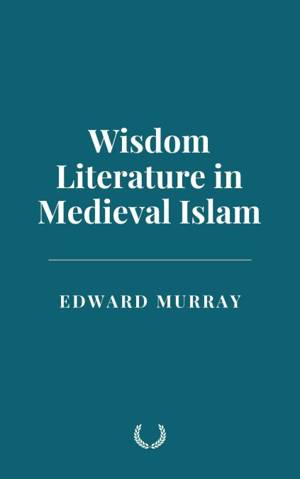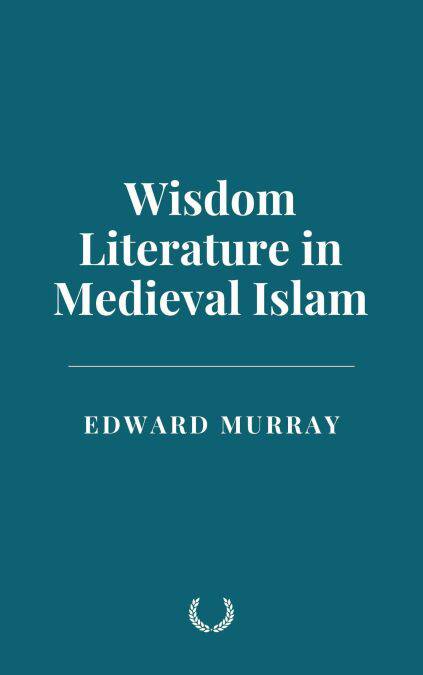
- Afhalen na 1 uur in een winkel met voorraad
- Gratis thuislevering in België vanaf € 30
- Ruim aanbod met 7 miljoen producten
- Afhalen na 1 uur in een winkel met voorraad
- Gratis thuislevering in België vanaf € 30
- Ruim aanbod met 7 miljoen producten
Omschrijving
The rich tradition of wisdom literature in medieval Islamic culture is a multifaceted intellectual legacy that intertwines religious, philosophical, and cultural elements to present a worldview steeped in moral reflection, spiritual inquiry, and practical guidance. This body of literature, often referred to as hikmah in Arabic, derives its essence from the Qur'an's emphasis on reflection, knowledge, and justice, as well as the sayings of the Prophet Muhammad, whose aphorisms and guidance shaped the moral compass of early Islamic society. The Qur'an itself invites believers to ponder creation and discern the signs of divine wisdom scattered throughout the universe. The famous verse, "He grants wisdom to whom He wills, and whoever has been granted wisdom has certainly been given much good" (Qur'an 2:269), encapsulates the profound importance of wisdom as a divine gift, thus setting the foundation for centuries of intellectual exploration.
Islamic wisdom literature did not emerge in isolation but was forged in a dynamic intercultural and intellectual crucible, particularly during the medieval period, when the Islamic world became a vibrant hub of knowledge exchange. The translation movement of the Abbasid era, centered in Baghdad's Bayt al-Hikmah (House of Wisdom), played a pivotal role in this development. Founded during the reign of Caliph Harun al-Rashid and flourishing under his son Al-Ma'mun in the 9th century CE, this institution facilitated the translation of Greek, Persian, and Indian texts into Arabic, introducing Islamic scholars to the philosophical works of Plato, Aristotle, and Plotinus, as well as Persian moral treatises such as the Khwaday Namag, an ancient chronicle filled with instructive tales about rulers and ethics. This influx of intellectual material enriched Islamic scholarship and inspired the creation of new works that synthesized Islamic theology with classical and Persian traditions.
Specificaties
Betrokkenen
- Auteur(s):
- Uitgeverij:
Inhoud
- Taal:
- Engels
Eigenschappen
- Productcode (EAN):
- 9798230797890
- Verschijningsdatum:
- 14/01/2025
- Uitvoering:
- E-book
- Formaat:
- ePub

Alleen bij Standaard Boekhandel
Beoordelingen
We publiceren alleen reviews die voldoen aan de voorwaarden voor reviews. Bekijk onze voorwaarden voor reviews.











